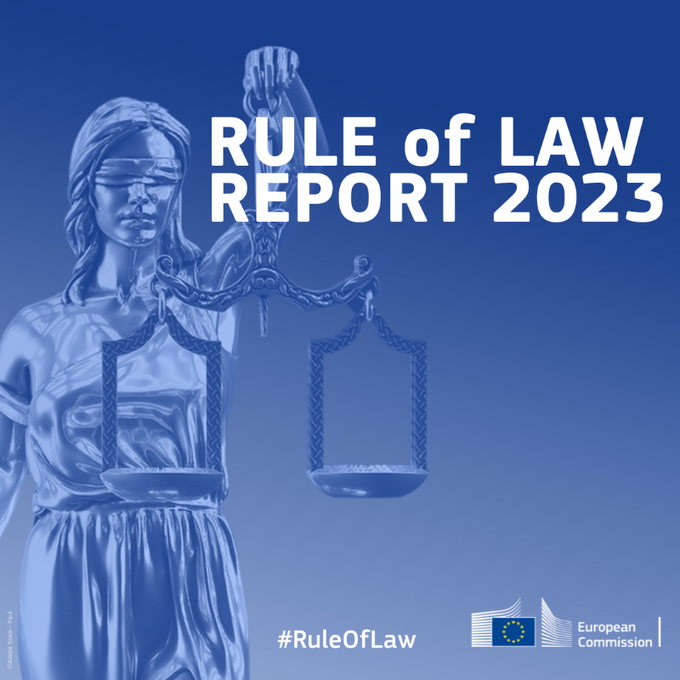Poland and Hungary have been cited by the European Union’s executive for democratic shortcomings, which its annual rule of law report asserts was either exacerbated through measures taken or left ignored by their respective governments.
The European Commission 35-page report, while noting some improvements, pointed up the many remaining shortcomings that exemplify the standoff between Brussels-based EU institutions and the two east European nations. The impasse constitutes one of the fundamental contemporary problems within the 27-nation bloc committed to the values of Western political liberalism.
Poland cropped up repeatedly in the annual report, specifically about legal issues that have yet to be fully addressed despite years of dispute between Brussels and Warsaw, which resulted in Poland being denied access to some EU funds.
The report cited continuing “serious concerns” regarding the state institution charged with ensuring the independence of Poland’s courts and judges, asserting that “there are legitimate doubts as to its independence.” It also claimed to have “serious doubts” about how several supreme court judges were appointed and it took Warsaw to task for ongoing investigations of judges related to their judicial decisions.
Looking to the future, the report said it had “serious concerns” about a recent law that it feared “could be used to affect the possibility of individuals to run for public office.”
Assessing recommendations it made a year ago, the report determined that in a half dozen cases, ranging from judicial independence to media freedom and anti-corruption measures, “no progress” had been made.
Turning to Hungary, the report was less severe, noting that some legislative reforms had been adopted and some judicial checks and balances applied. However, corruption remained an issue.
“The lack of a robust track record of investigations of corruption allegations concerning high-level officials and their immediate circle remains a serious concern,” the EC report concluded.
On the issue of journalistic independence, the report noted the absence of developments “to address the various challenges to media pluralism.”
The EU’s fourth annual report on the rule of law in the 27 member states did note that there had been progress on about two-thirds of its recommendations but said that it continues to have systemic concerns about some member states.

